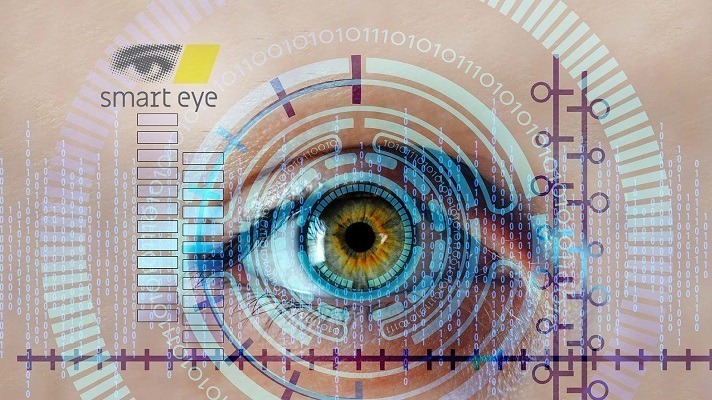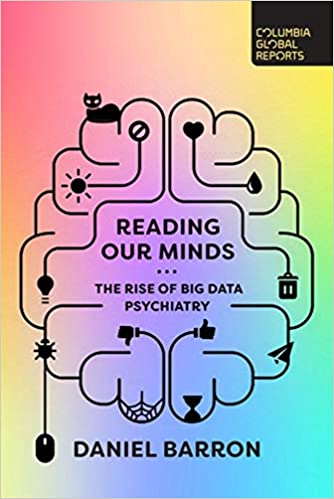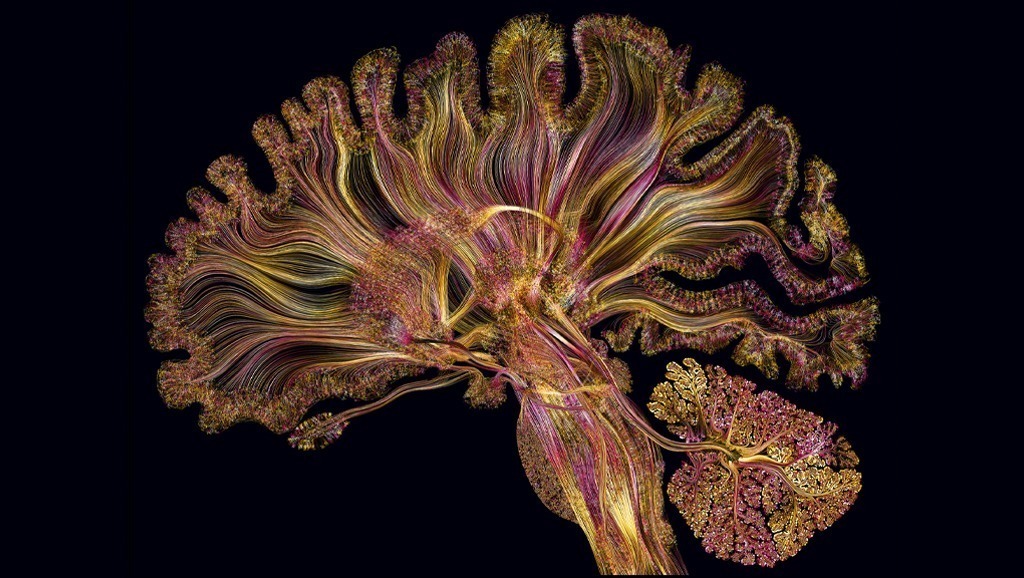Posts Tagged ‘Neurotechnology’
On cognitive reframing and biases, stress, mental health tech, Aduhelm backlash, Britney Spears, and more
Welcome to a new edition of SharpBrains’ e‑newsletter, featuring this time nine scientific reports and industry developments to help promote lifelong brain and mental health. #1. To lower stress levels and improve problem-solving, practice cognitive reframing instead of venting “… venting likely doesn’t soothe anger as much as augment it. That’s because encouraging people to…
Read MoreUpdate on the aducanumab (Aduhelm) saga, retirement, financial advice, cognitive health, excessive worrying, neurotech, and more
Welcome to a new edition of SharpBrains’ e‑newsletter, providing this time a summary of the saga around the FDA approval of aducanumab (Aduhelm) as a supposed treatment for Alzheimer’s Disease, plus a range of timely research findings and resources for lifelong brain health. First, below are some key reads to navigate “probably the worst drug approval…
Read MoreEye-tracking pioneer Smart Eye acquires MIT spin-off Affectiva to augment driver monitoring systems and more
Emotion-detection software start-up Affectiva acquired for $73.5M (TechCrunch): Smart Eye, the publicly traded Swedish company that supplies driver monitoring systems for a dozen automakers, has acquired emotion-detection software startup Affectiva for $73.5 million in a cash-and-stock deal.
Read MoreReading Our Minds: New book issues strong call to action to modernize psychiatry
The Rise of Big Data Psychiatry (The Wall Street Journal): As a physician, I need to figure out three things when a new patient walks into my office: what their life is typically like, what has changed that made them seek treatment and what I can do to help them. It’s a complex problem, and…
Read MoreLet’s welcome Mental Health Month (May) by appreciating our beautiful brains
Between Thought and Expression (Cerebrum): Greg Dunn was on his way to a Ph.D. in neuroscience at the University of Pennsylvania when he realized that bringing the brain’s beauty to life was a more suitable role for him than lab work. He started in ink, inspired by Chinese, Japanese, and Korean paintings and the similarities…
Read MoreConsumer Reports finds unclear, questionable privacy practices and policies among popular mental health apps
Mental Health Apps Aren’t All As Private As You May Think (Consumer Reports): Type “mental health” or a condition such as anxiety or depression into an app store search bar, and you can end up scrolling through endless screens of options. As a recent Consumer Reports investigation has found, these apps take widely varied approaches…
Read More





